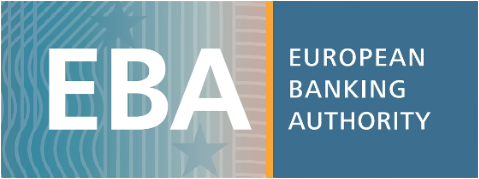
EBA Extends AML Guidelines to Crypto Asset Service Providers
The European Banking Authority (EBA) has recently issued new guidance aimed at strengthening the Anti-Money Laundering (AML) and Counter-Terrorist Financing (CTF) regulations for crypto asset service providers (CASPs) operating within the European Union (EU). This move comes as a response to the increasing risks associated with cryptocurrencies and aims to ensure a higher level of security and transparency within the industry.
The EBA’s new guidelines address several key areas of concern. Firstly, they emphasize the importance of conducting enhanced due diligence (EDD) on customers involved in crypto-related activities. CASPs are now required to verify the identity of their customers, assess the purpose of their transactions, and continuously monitor their activities to detect any suspicious behavior. This will help prevent illicit activities such as money laundering and terrorist financing.
Additionally, the EBA’s guidance extends the scope of AML measures to cover not only CASPs but also decentralized finance (DeFi) platforms and self-hosted crypto wallets. These measures aim to prevent the misuse of self-hosted wallets for illicit purposes. CASPs are expected to gather and report information on both the sender and recipient of transactions involving self-hosted wallets, ensuring greater traceability and accountability.
The EBA also highlights the risks associated with the anonymity of cryptocurrencies and the potential for misuse. To address this, the guidelines recommend that CASPs implement robust know-your-customer (KYC) procedures, including collecting and verifying customer information. By adopting these measures, CASPs can enhance their ability to identify and monitor suspicious transactions, ultimately mitigating the risk of financial crimes.
Furthermore, the EBA emphasizes the need for effective risk assessments and risk management frameworks within CASPs. These measures should include policies and procedures to identify, assess, and mitigate the various risks associated with crypto assets. CASPs are also expected to establish internal controls and procedures to monitor compliance with AML and CTF obligations.
The EBA’s latest guidance is a significant step towards aligning the regulations for traditional financial institutions and CASPs. The aim is to create a level playing field and ensure that all entities operating within the EU adhere to the same high standards of AML and CTF measures. This move towards a more comprehensive regulatory framework will help build trust and foster the growth of the crypto industry within the region.
However, some industry experts have expressed concerns about the impact of these guidelines on innovation and competition. They argue that the additional compliance costs and administrative burdens could deter smaller players from entering the market. It is important for regulators to strike a balance between ensuring security and fostering innovation in the crypto industry.





